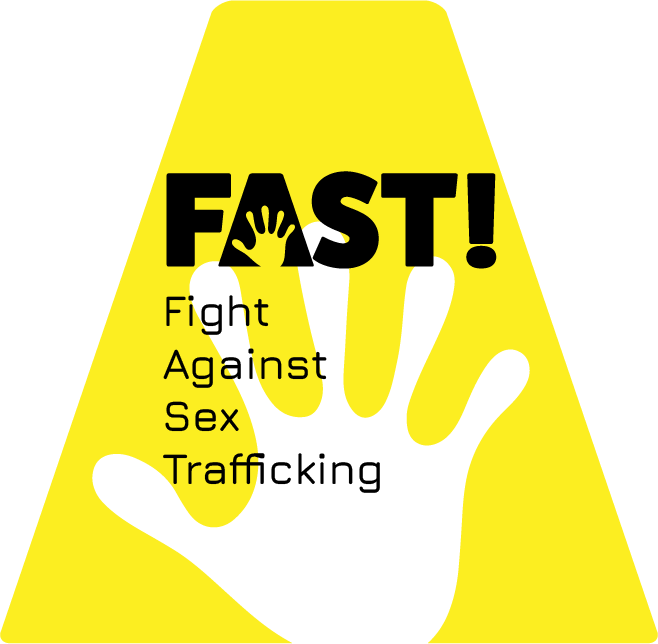2023 Trafficking in Persons Report: United Arab Emirates. The US Department of State just released the 2023 Trafficking in Persons Report for the United Arab Emirates. The report states that the government did not meet the minimum standards in several key areas.
Officials did not regularly consider labor law violations with trafficking indicators as potential trafficking crimes, rather addressing them administratively instead of through criminal proceedings, which undercut efforts to hold traffickers accountable and weakened deterrence.
The UAE started reporting the number of alleged trafficking cases investigated for the first time since 2012, with only 50 alleged traffickers in 16 cases prosecuted, half of the number prosecuted back in 2016, according to UN data. UAE’s inaction leads to a thriving sex trafficking industry, with the Emirates becoming a hub of rampant and unchecked women’s trafficking from Africa.
Victims in dire situations who come to the UAE with promises of legitimate work are trapped in a system of sex slavery and exploitation.
The Government of the United Arab Emirates (UAE) does not fully meet the minimum standards for the elimination of trafficking but is making significant efforts to do so. The government demonstrated overall increasing efforts compared with the previous reporting period, considering the impact of the COVID-19 pandemic, if any, on its anti-trafficking capacity; therefore the United Arab Emirates remained on Tier 2.
2023 Trafficking in Persons Report: United Arab Emirates
These efforts included reporting the number of alleged trafficking cases investigated for the first time since 2012, including labor trafficking cases; and prosecuting and convicting more traffickers, including labor traffickers. The government identified significantly more victims and referred them to care. The government signed an agreement to provide free health care to trafficking victims residing at its shelter in Abu Dhabi. It expanded mandatory enrollment in the Wage Protection System (WPS) to certain professions of domestic workers and enacted a new domestic worker law that included additional protections.
However, the government did not meet the minimum standards in several key areas. Officials did not regularly consider labor law violations with trafficking indicators as potential trafficking crimes, rather addressing them administratively instead of through criminal proceedings, which undercut efforts to hold traffickers accountable and weakened deterrence.
The government did not consistently screen vulnerable populations for trafficking indicators, which may have led to penalization of some victims for unlawful acts committed as a result of being trafficked. The majority of domestic workers remained excluded from the WPS, rendering them vulnerable to wage theft – a key trafficking indicator – without proper oversight. Nonexistent and weak penalties for passport confiscation did not adequately deter this violation and the pervasiveness of this practice may have left some workers vulnerable to exploitation and potentially trafficking.
Read the report here: www.state.gov



